HIVE OPENMIC WEEK #94: BAD WEED BY: TIERRA SUR (COVER).
10
About :
English.
Confusion, a lot of confusion. Misinterpretation, very misinterpretation. We have the tendency to confuse virtuous concepts and turn them to our selfish intention, unconsciously transforming those things that, rather, can propel us to a higher perception. I say this in reference to the wonderful theme of this week 94 of #hiveopenmic, which is ethics + freedom. The latter being a message that (to my mind) explains in a couple of words what is freedom adorned and cherished on moral grounds guided by conscience.True freedom is that level of thought that transcends selfishness. Many times we believe that to be free is to discard others, putting above our own integrity, which, in our opinion, is worth more than that of any other. I am not saying that we have to devalue ourselves for others, but I am only saying that freedom is not licentiousness, freedom is a quality and a blessing that we have to decide our future in the best way and, if we achieve that this power to decide is guided by terms of goodness and not greed, then we will be using the greatest gift of free will to do things that go beyond us.
Balance is fundamental to being able to execute freedom. We can be free to do whatever we want, but if we add an ethical factor to this equation, then we would be talking about freedom as a moral foundation guided by conscious intention. Of course, there are many types of interpretations of what morality is, since my ethics may not agree with those of another individual, indeed; I may find someone else's ethics aberrant and absurd, just as someone else may find my morals ridiculous and baseless. This is when the question arises: what is right and what is wrong? What should I do with my freedom? I think that this has resolution through empirical concepts, which are related to what is known as "karma" everything you give is returned to you with more force, this is a law of action and reaction that applies even to non-tangible actions (such as a scam, mistreatment, manipulation or any kind of bad attitude that affects another person). Based on this, we can understand what we should and should not do, everything you do will be returned to you twice as much (good or bad).
It is said that the greatest goodness is born from the pure compassion of understanding the suffering that we can cause in another living entity, that is, absolute empathy. When we understand that we can do no wrong by simply not wanting to suffer the cause of our actions, then it would be an intelligent position but not so kind, although very conscious (which is what almost all of us do hahahaha). What I am trying to say is that, as human beings, we can understand morality and freedom as a tool of respect and consideration for oneself and for anything. Freedom cannot be a selfishness, it must be a reflection that leads us to the fullness and understanding of things, all together with the independence and responsibility of being the owner of your actions.
The song that I bring today is a very beautiful song of medicine called "weed" (in English weed, I do not know why the translation is so hahahaha) But relax that here I will not talk about marijuana, rather refers to the unwanted grass that grows on the ground, that is the weeds. The lyrics talk about life from the position of the weed, its ability to grow anywhere, its strength and healing power. The interesting thing about this song is that it tells us about the life of an entity of nature, what it has to face and its quality in gratitude to the creator. I relate this song to this week's theme because of the power and strength that the weed has in the face of discrimination and attempts to eliminate it, all the virtues that it develops thanks to its attempt to survive and the freedom given to it by the supreme creator to develop in this world.
Español.
Confusión, mucha confusión. Mala interpretación, muy mala interpretación. Tenemos la tendencia a confundir los conceptos virtuosos y volverlos a nuestra intención egoísta, transformando de forma inconscientemente aquellas cosas que, más bien, nos pueden impulsar a una percepción superior. Digo esto haciendo referencia a la maravillosa temática de esta semana 94 de #hiveopenmic, la cual es ética + libertad. Siendo éste último un mensaje que (a mi parecer) explica en un par de palabras lo que es la libertad adornada y apreciada con bases morales guidas por la conciencia.La verdadera libertad es aquel nivel de pensamiento que trasciende el egoísmo. Muchas veces creemos que ser libres es desechar a otros, poniendo por encima nuestra integridad que, a nuestro parecer, vale más que la de cualquier otro. No estoy diciendo que tenemos que devaluarnos por otros, pero solo digo que la libertad no es libertinaje, la libertad es una cualidad y una bendición que tenemos para decidir nuestro futuro de la mejor manera y, si logramos que este poder de decidir se guíe por términos de bondad y no de avaricia, entonces estaremos utilizando el regalo más grande de libre albedrío para hacer cosas que vallan más allá de nosotros.
El equilibrio es fundamental para poder ejecutar la libertad. Podemos ser libres de hacer lo que queramos, pero si le agregamos un factor ético a esta ecuación, entonces estaríamos hablando de la libertad como un fundamento moral guiado por una intención consciente. Claro, hay muchos tipos de interpretaciónes de lo que es la moral, ya que mi ética puede que no concuerde con la de otro individuo, es más; puede que la ética de otro me parezca aberrante y absurda, de igual forma, a otra persona le puede parecer mi moral algo ridículo y sin base. Es aquí cuando surge la pregunta: ¿qué está bien y que está mal? ¿Que es lo que debo hacer con mi libertad?. Pienso que esto tiene resolución mediante conceptos empíricos, los cuales están relacionados a lo que es conocido como "karma" todo lo que das se te es regresado con más fuerza, está es una ley de acción y reacción que se aplica incluso a acciones no tangibles (como una estafa, un maltrato, manipulación o cualquier tipo de mala actitud que afecte a otra persona). Basándose en esto, podemos entender lo que debemos y no hacer, todo lo que hagas se te regresara el doble (sea bueno o malo).
Se dice que la bondad más grande nace de la compasión pura de entender el sufrimiento que podemos causar en otra entidad viviente, es decir, la empatia absoluta. Cuando entendemos que no podemos hacer mal por simplemente no querer sufrir la causa de nuestras acciones, entonces sería una posición inteligente pero no tan bondadosa, aunque si muy conciente (que es lo que hacemos casi todos jajajaja). Lo que trato de decir es que, como seres humanos, podemos comprender a la moral y a la libertad como una herramienta de respeto y consideración hacia uno mismo y hacia cualquier cosa. La libertad no puede ser un egoísmo, debe ser una reflexión que nos lleve a la plenitud y la comprensión de las cosas, todo junto con la independencia y la responsabilidad de ser dueño de tus actos.
La canción que hoy traigo es una canción muy hermosa de medicina llamada "mala hierba" (en inglés weed, no sé porque la traducción es así jajajaja) Pero tranquilos que aquí no hablaré de marihuana, más bien se refiere al pasto no deseado que crece en la tierra, o sea la maleza. La letra nos habla de la vida a partir de la posición de la maleza, su capacidad para crecer donde sea, su fortaleza y poder de curación. Lo interesante de esta canción es que nos cuenta la vida de un ente de la naturaleza, lo que tiene que enfrentar y su cualidad en agradecimiento con el creador. Yo relaciono esta canción con la temática de esta semana debido al poder y la fortaleza que tiene la maleza ante la discriminación y los intentos de eliminarla, todas las virtudes que va desarrollando gracias a su intento por sobrevivir y a la libertad que le dio el creador supremo para desarrollarse en este mundo.
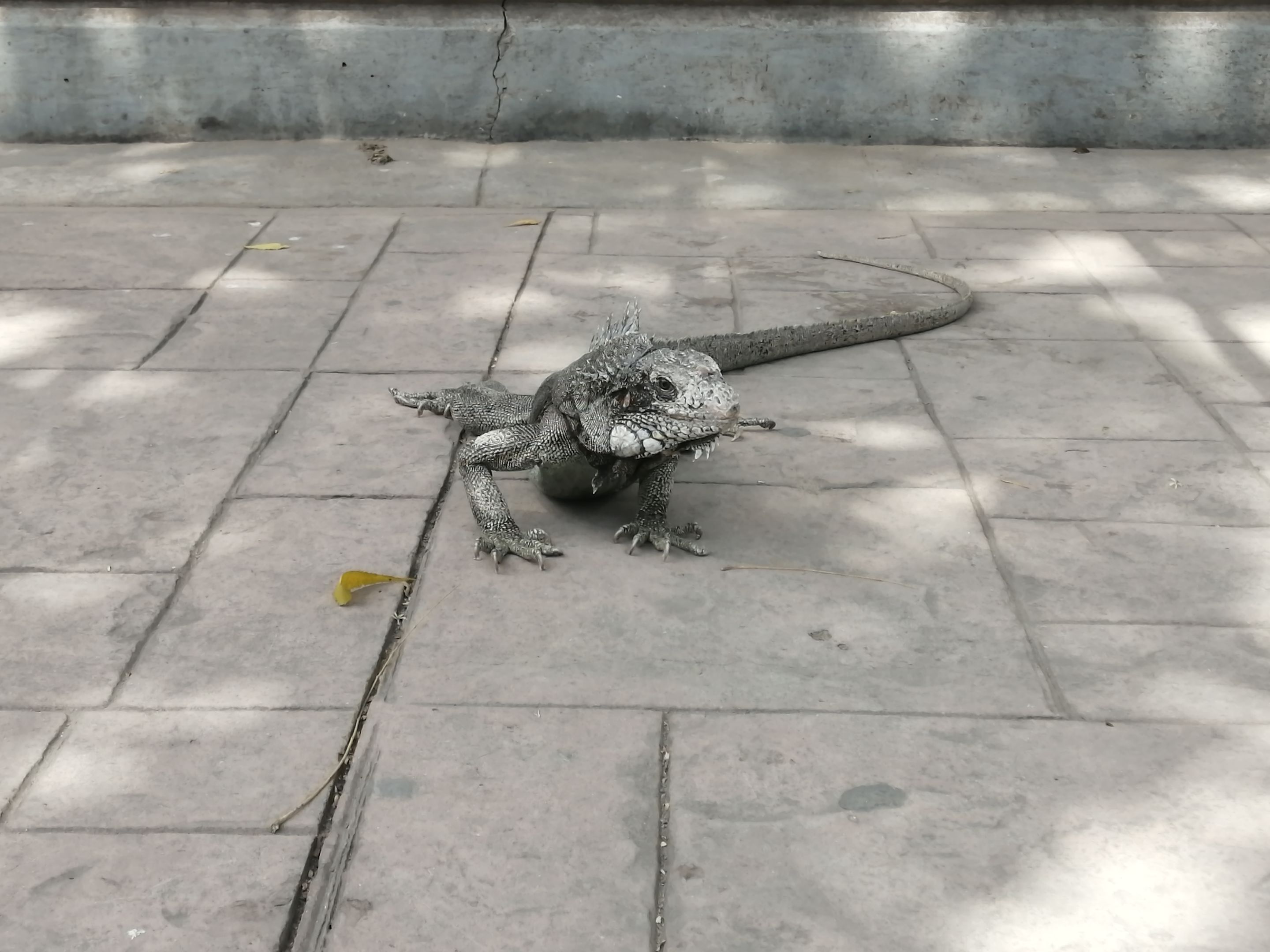
This is an iguana that I found in a nearby square, because today we went for a walk and ended up playing at a friends house.
Esta es una iguana que encontré en una plaza cercana, debido a que hoy salimos a caminar un rato y termine tocando en casa de unos amigos.
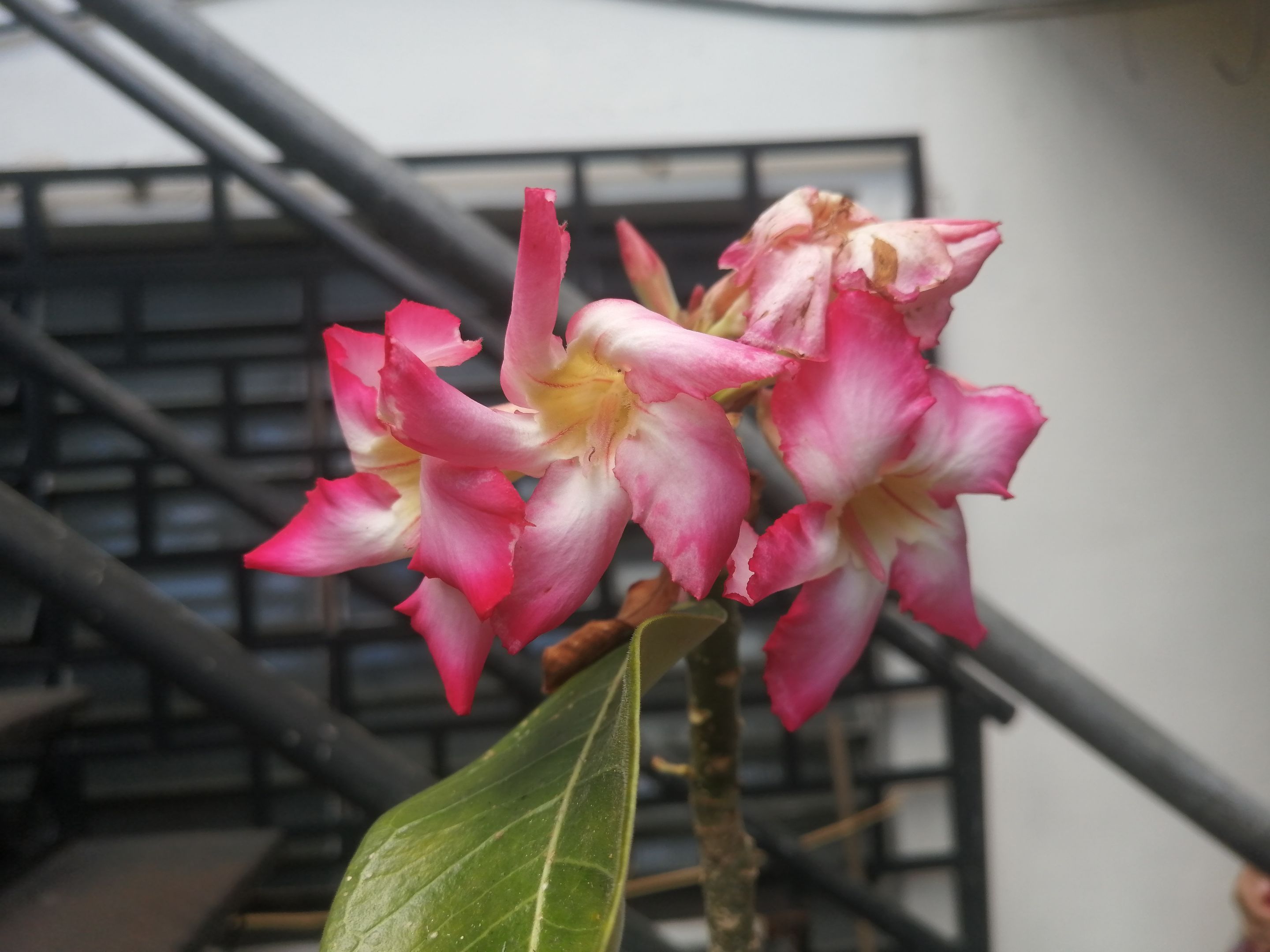
Don't criticize me for posting photos that may seem out of context. They really are part of the creative journey that leads to wonderful interpretative conclusions.
No me critiquen por colocar fotos que pueden parecer fuera de contexto. Realmente forman parte del recorrido creativo que lleva a conclusiones de interpretación maravillosas.

Lyrics.
In any crack of the pavement I can be born
Among the rocks, in the desert, or in a wheat field.
My mother is the earth, and the earth is good
Though weeds the farmer has called me a weed
God made me brave enough for me
Two drops of rain on my little seed and the sunshine
They are my friends the sorcerers and not the doctor
They know my medicine for the pain
I was raised by life, and life is good
Believe it or not taking away the bad is my business
God made me brave (weeds...weeds) that's enough for me (weeds...weeds) two drops of rain on my little seed and the sunlight (weeds...weeds)
Nobody takes care of me I am uncomfortable with protection I have courage because not dying is my tradition.
Peace has formed me and peace is good
Even though violence looks like a solution
God made me brave (weeds...weeds) that's enough for me (weeds...weeds) two drops of rain on my seed and the sunlight (weeds...weeds)
I am still a problem for the garden of society but excuse me I have the permission of the creator, he shares everything and sharing is good, even if accumulating gives us the illusion of security ayayay!
God made me brave for me is enough two drops of rain on my seed and sunlight (2vcs).
And the sunlight...
Bad weed ...bad weed...
And the light of the sun
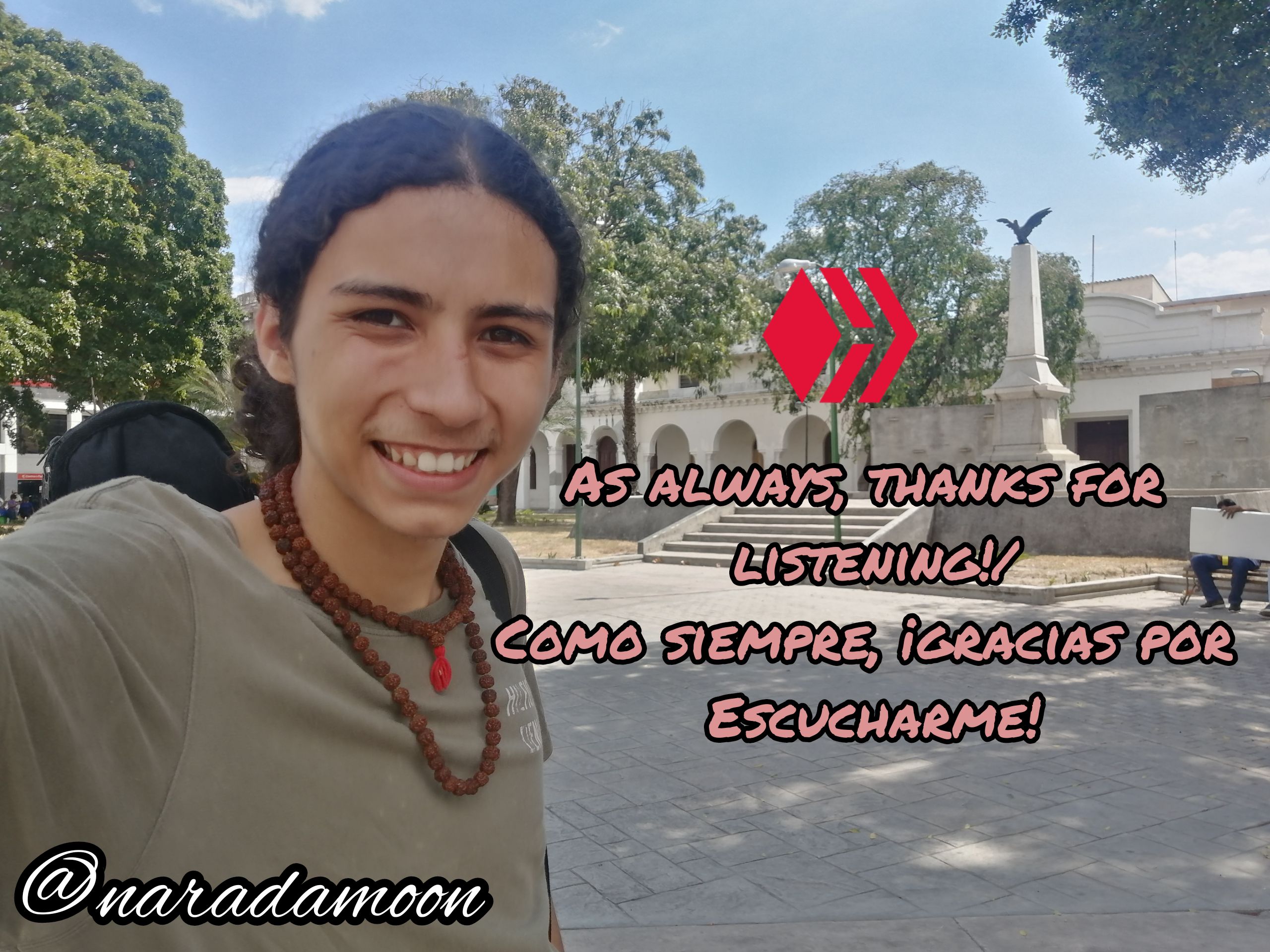
Tags :
Their limit for today is $0!
More Videos
@threespeak: 8.0171
@newsflash: 2.9244
@ocd: 0.6544
@waivio.match: 0.5346
@meritocracy: 0.2432
@someguy123: 0.2081
@nateaguila: 0.1858
@cabelindsay: 0.1830
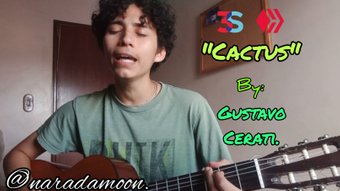
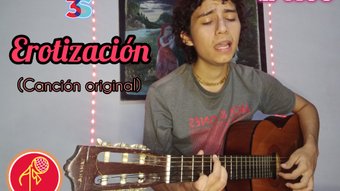
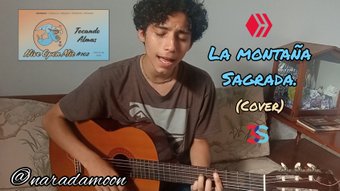


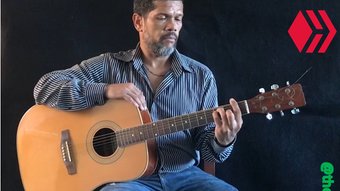



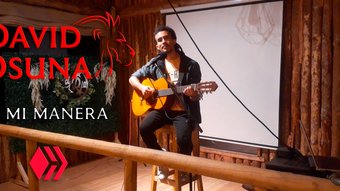

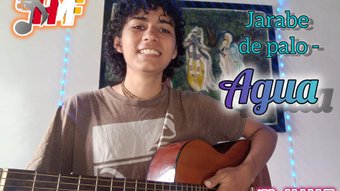





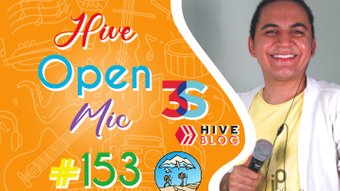









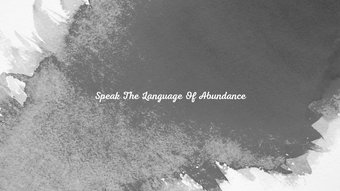


Comments:
Reply:
To comment on this video please connect a HIVE account to your profile: Connect HIVE Account